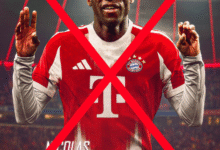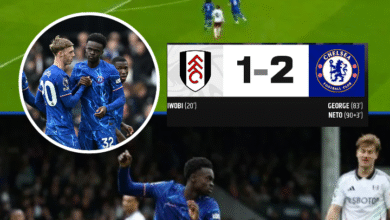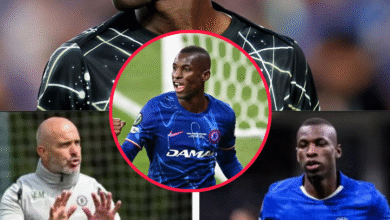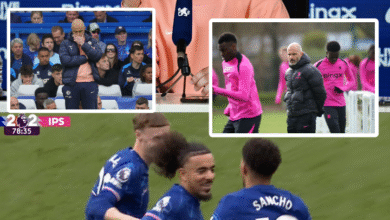FIFA Slammed for Breaking Its Own Rules in Chelsea vs PSG Club World Cup Final
Journalist Questions FIFA’s 24-Minute Halftime Show as Fans Accuse Infantino of Ignoring Football’s Official Laws
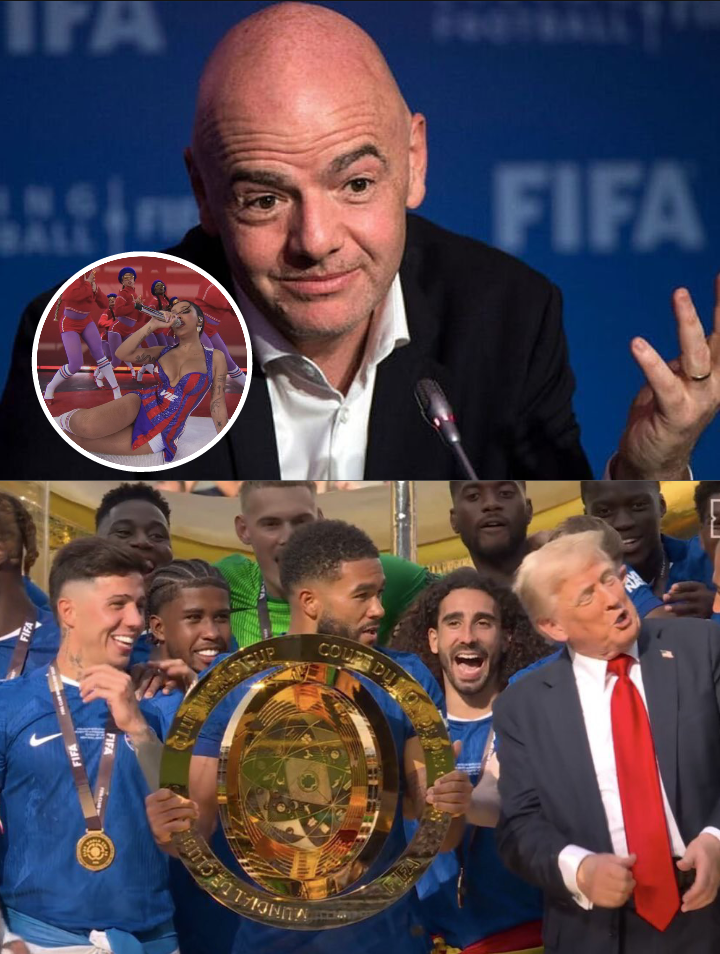
FIFA is once again facing strong criticism — this time for allegedly breaking its own rules during the Club World Cup final between Chelsea and Paris Saint-Germain in New Jersey.
The final, which already raised eyebrows for its commercial tone and growing criticism of the tournament’s purpose, has now sparked outrage for something more basic — not following the official Laws of the Game.
One of the biggest complaints came from respected football journalist Martyn Ziegler, chief sports reporter for The Times, who called out FIFA president Gianni Infantino on social media platform X (formerly Twitter). Ziegler questioned why FIFA would claim to uphold football’s rules, yet allow the halftime break to stretch to 24 minutes — well beyond the legal limit.
🗣️ “What is the point of FIFA saying it upholds the Laws of the Game when it ignores maximum 15-min half-time break so Infantino can have this 24-min show??” Ziegler posted.
What is the point of FIFA saying it upholds the Laws of the Game when it ignores maximum 15-min half-time break so Infantino can have this 24-min show?? pic.twitter.com/6JlQjfE5i1
— Martyn Ziegler (@martynziegler) July 13, 2025
The extended halftime featured a flashy performance by pop star Robbie Williams, clearly aiming to imitate the NFL’s Super Bowl halftime shows — but it didn’t sit well with traditional football followers.
According to Law 7.2 of the Laws of the Game, the halftime interval “must not exceed 15 minutes.” This rule, which is set by the International Football Association Board (IFAB) — not FIFA alone — is meant to ensure consistency and fairness across the sport at all levels.
While referees can allow a short drinks break, they don’t have the authority to nearly double the halftime length just for entertainment purposes.
Critics argue that by planning and allowing a 24-minute show, FIFA is putting business ahead of football. It’s not just about a few extra minutes — it’s about how football’s top body treats the rules it’s supposed to protect.
Infantino, who has already drawn backlash for his political ties and growing control of global football, now faces questions about his priorities heading into major events like next year’s World Cup.
Though many fans enjoyed the entertainment, others see it as a clear warning sign: FIFA may be moving further away from what really matters — the game itself.

